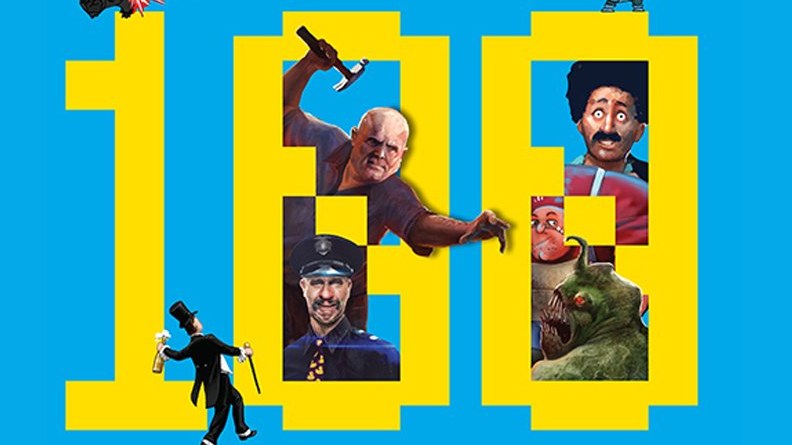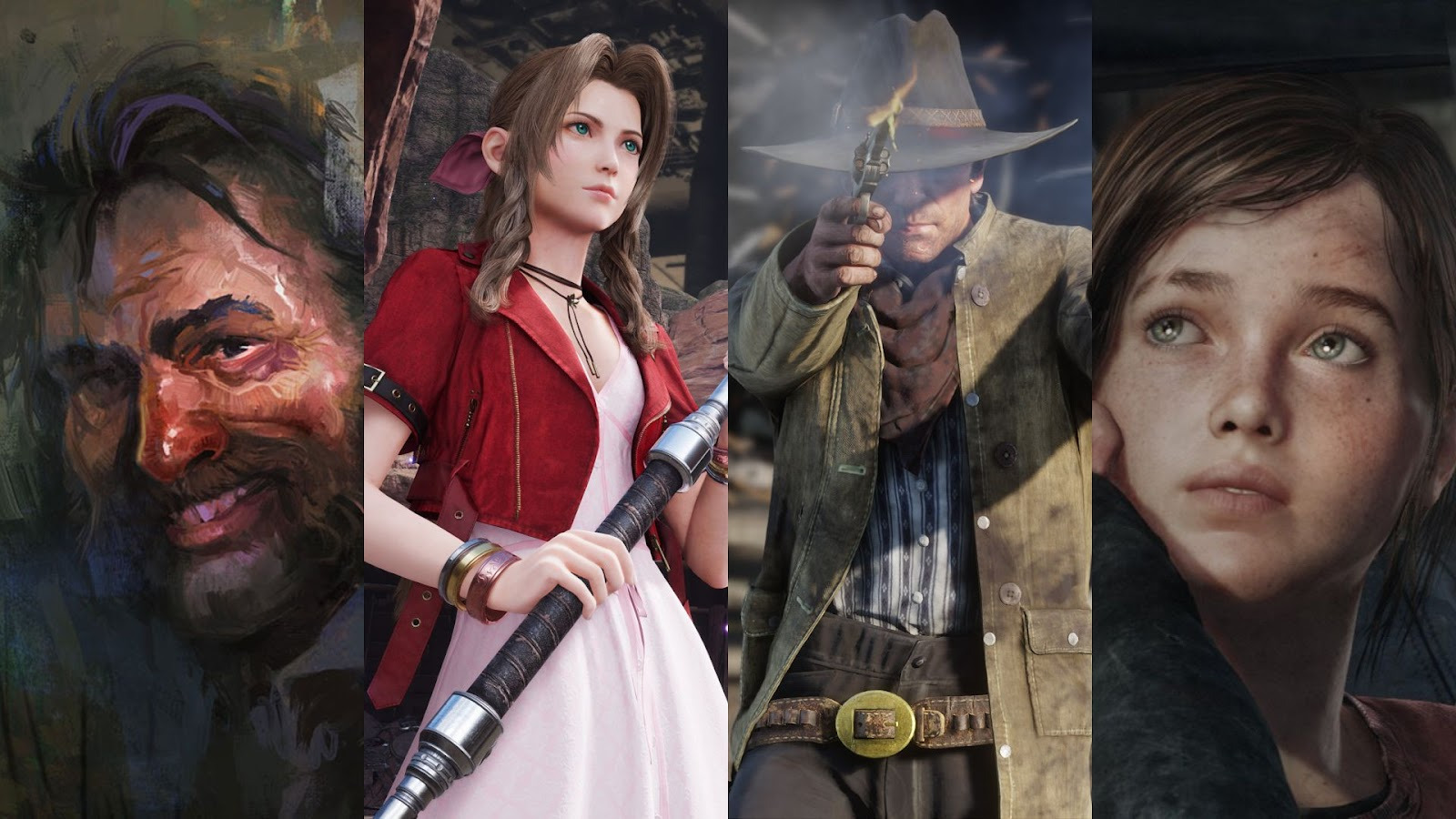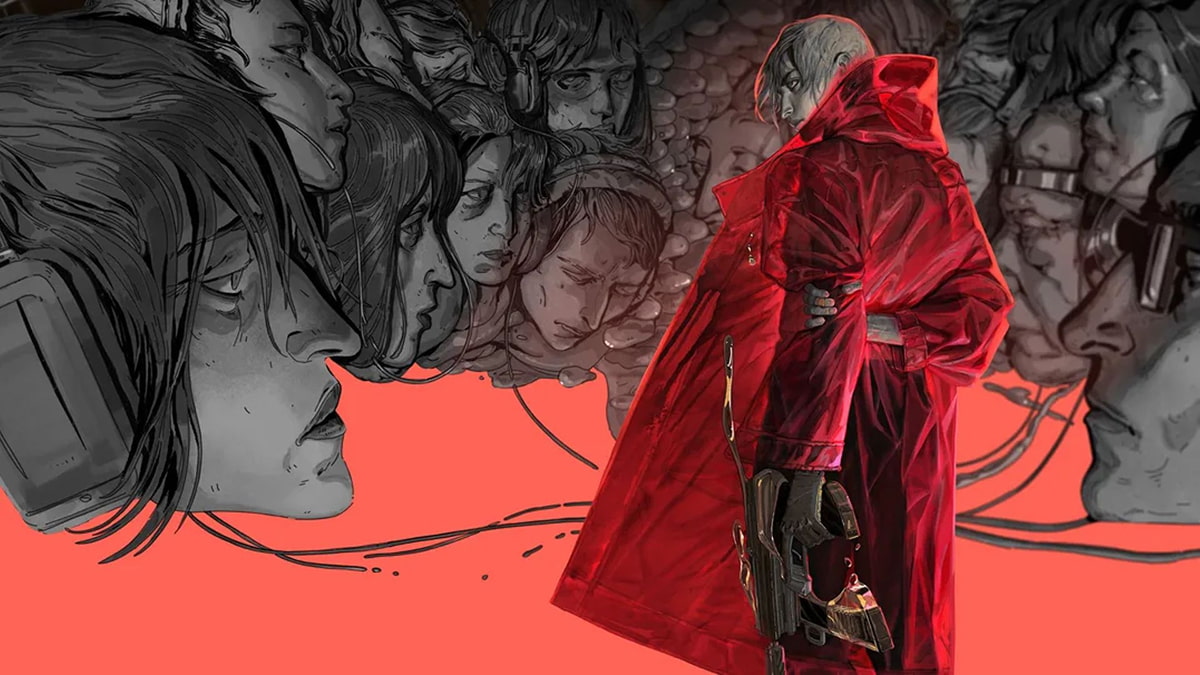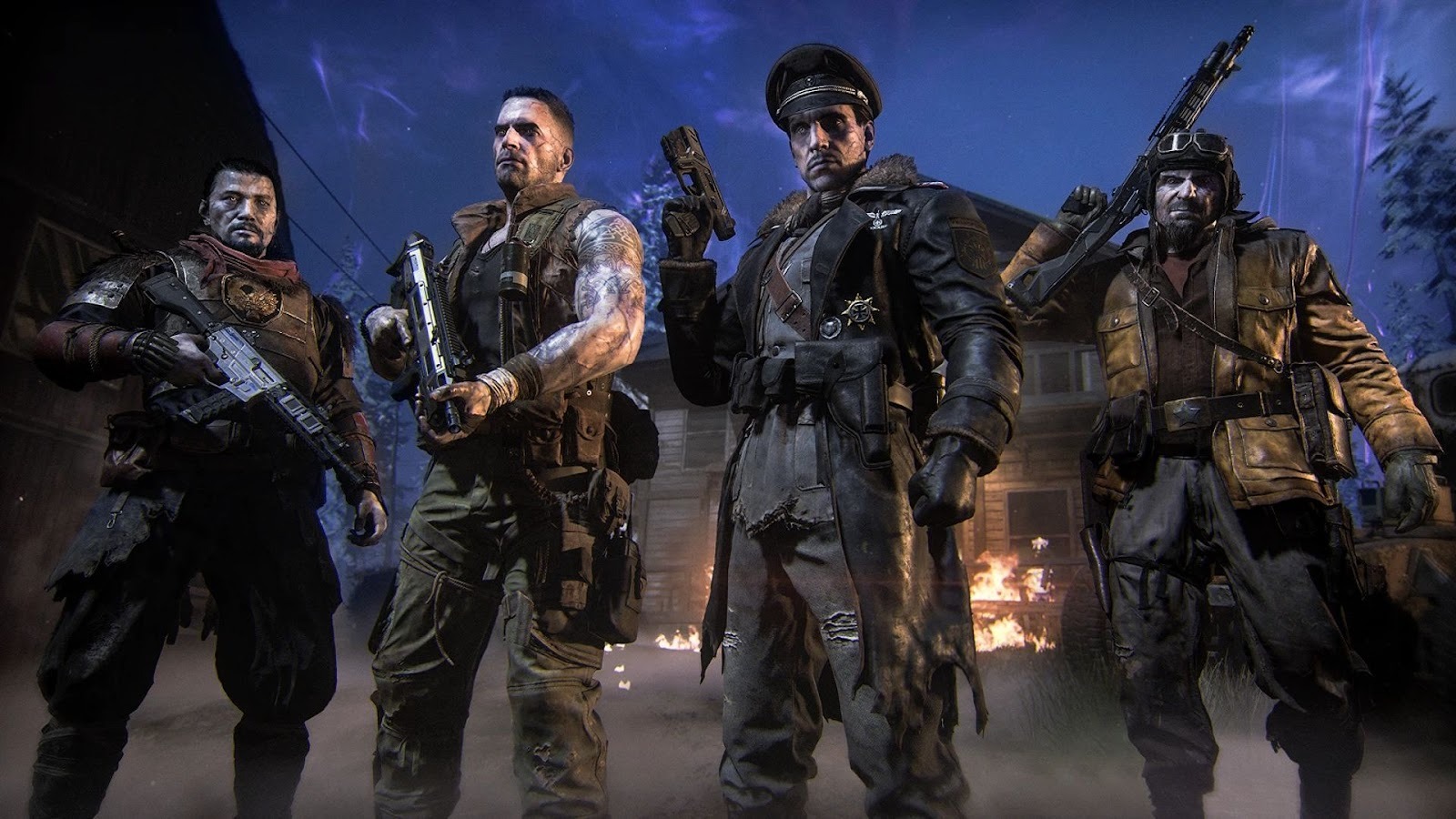You can trust VideoGamer. Our team of gaming experts spend hours testing and reviewing the latest games, to ensure you're reading the most comprehensive guide possible. Rest assured, all imagery and advice is unique and original. Check out how we test and review games here
About a year ago, Nate Crowley (not a real frog, but imagine if he was: I’ve only met the man once, briefly, a few years ago, and there’s nothing to say that that man who appears in videos and public events is a paid actor, whilst an actual frog is tweeting damply to his account using one of those new waterproof phones. What a frog that would be.), tweeted that for each like the tweet got, he would make up a fictional video game. It got a lot of likes. Crowley made up a thousand games, and a hundred of these, including Wolfglance Tycoon, Komodo Flagons, and The Greatest Gatsby, have now been made into a book.
Crowley’s book is notable for placing all the games on a fictional timeline, from the 80s up to today, while the original thread of tweets was a list of strange ideas, like a kind of contextless stream of unconsciousness from someone having a fever dream whilst every E3 conference was played simultaneously in their ear. I asked Crowley about this and we both started laughing. Following a game jam for publisher Rebellion’s 25th birthday, a handful of those hundred games from the book were made into actual games (Crowley described it as a highlight of his year: ‘It’s pretty weird basically having an entire barn full of people making your imagination playable.’).
‘Well look,’ he said, with a shout of laughter one can only describe as raucous, ‘The question is now broken because, like, the monster has looked back out of the mirror. Some of the games are actually real now, so the whole premise of the project being non-existent games is now invalid.’ Crowley thinks that if the book were ever reprinted it should be called The 93 Best Games That Never Existed and the 7 That Kinda Do.
Seeing actual devs looking through the concepts and figuring out which would be possible was an interesting experience for Crowley. It turns out a lot of them can’t be made intentionally after the fact, because many of the entries are written as if the games came out, and were famous for being, broken: the old ‘is it a bug or a feature’ thing, but turned up to eleven.
‘They reckon most of – like a lot of the ones in the book just wouldn’t be possible to make at all. Like Lizard Designer Pro Millenium Edition, which is described as being completely broken, so you’d have to make a game with like deliberate fatal errors,’ he said (and it is useful to remember that whenever Crowley says the names of one of his fake games he does so completely deadpan). ‘So I guess life has imitated art. Which was imitating life. Or something.’
Rebellion had been planning a game jam for a while, and other people had expressed interest in doing a jam around Crowley’s fake games, so the book coming out roughly in line with Rebellion’s 25th allowed everyone to, as Crowley put it, ‘Kill two birds with one stoat. Uh, one stoat?! One stone. Although I really like the new idiom I’ve just coined.’
I like mishearings and mixings up like that, like the surprising number of people who misheard a song in Pocahontas as being about cabbages, or the person on Reddit who wondered why the phrase ‘Knowledge is power, France is bacon‘ made sense to so many people, and Crowley rifled through the library filing cards in his head and threw up some relevant info: mishearing a lyric has a specific name. It’s called a mondegreen. ‘It’s some old poem or a song or something, where someone misheard a line as Mondegreen,’ he explained. ‘It’s on Wikipedia.’
The ‘True to the Book’ Award goes to… SEAPUNCHER! #Rebellion25 #GameJam pic.twitter.com/E4QFGMbnJH
— Rebellion® (@Rebellion) December 20, 2017
Crowley says the book is full of strange references, but says that even the weirdest things can come back to you ‘like a boomerang.’ In one game, Worm Salesman 84, the accompanying art makes mention of the Giant Gippsland earthworm, a worm native to one specific area of Australia. Someone came up to Crowley at an event and said they were a descendent of the Gipps in Gippsland. ‘I thought well, okay, I can’t bury anything too deep. Someone there just totally grokked my worm reference,’ said Crowley. ‘It’s incredible what you find out about people when you dangle a literal worm as bait.’
Crowley describes his ability to remember strange things as a kind of Faustian bargain where he remembers a piece of 18th century trivia for every password he forgets, but isn’t sure he’s better off for it – although he concedes it was really helpful when coming up with strange things like Gorillionaire or Pig Falling Out of a Biplane Music Video Maker.
Actually that would make a really good one act play. A man sells his soul but the demon can only do obscure trivia in return. He is the king of the local pub quiz. But at what cost? At what cost?
Any resemblance in my forthcoming Edinburgh Fringe production to actual persons, living or dead, is purely coincidental.
I asked Crowley if there even is such a thing as a coincidence. He said, ‘Probably not when worms are involved.’
This is definitely the first time Alice Bell has interviewed Nate Crowley.






